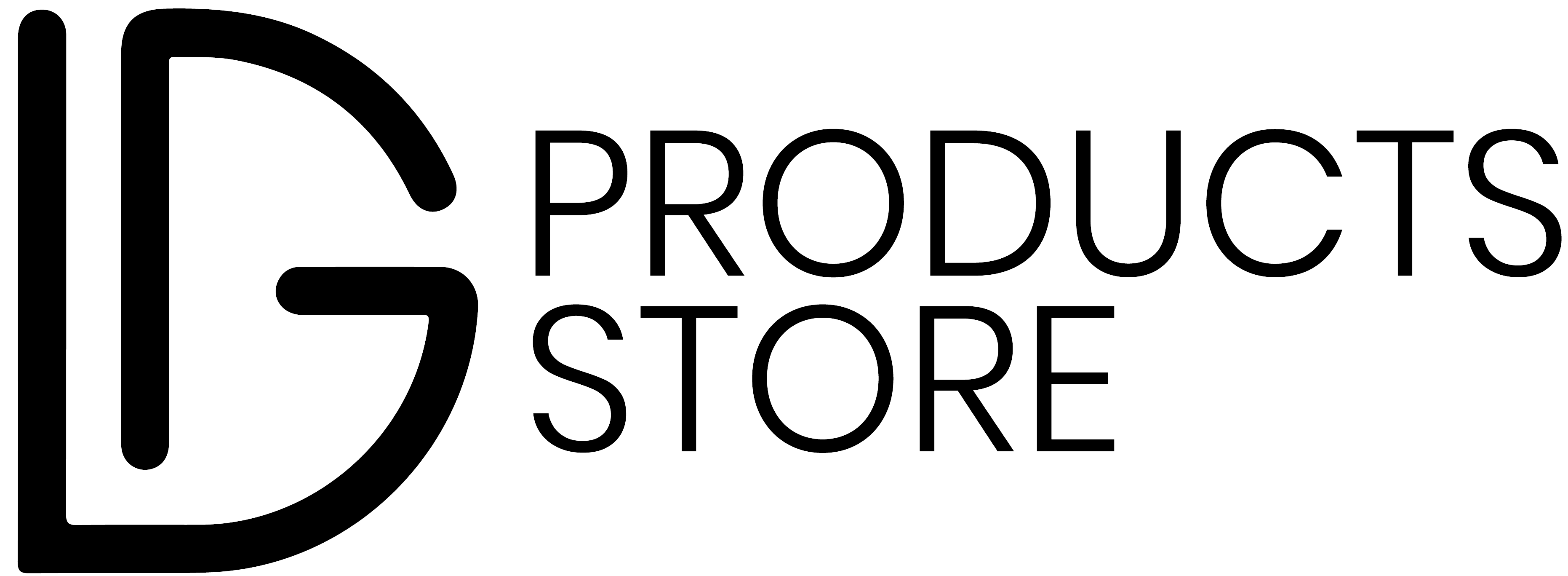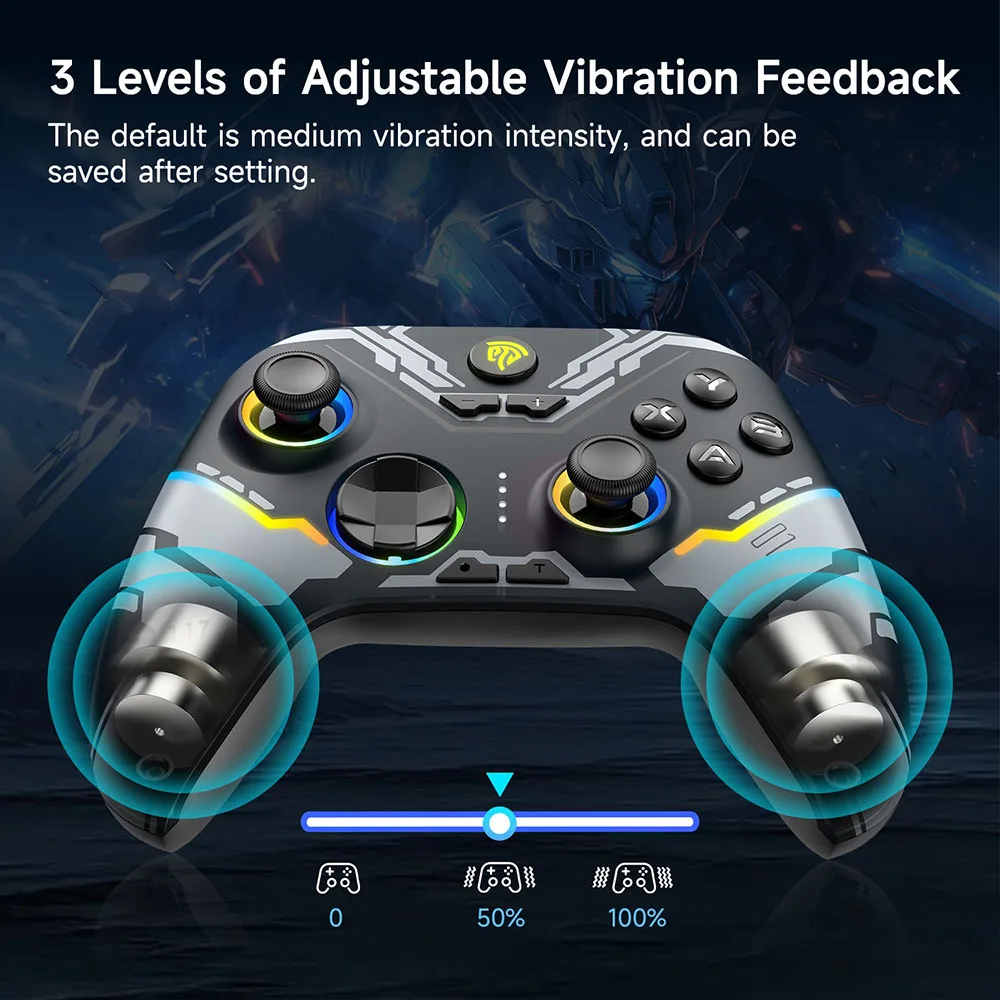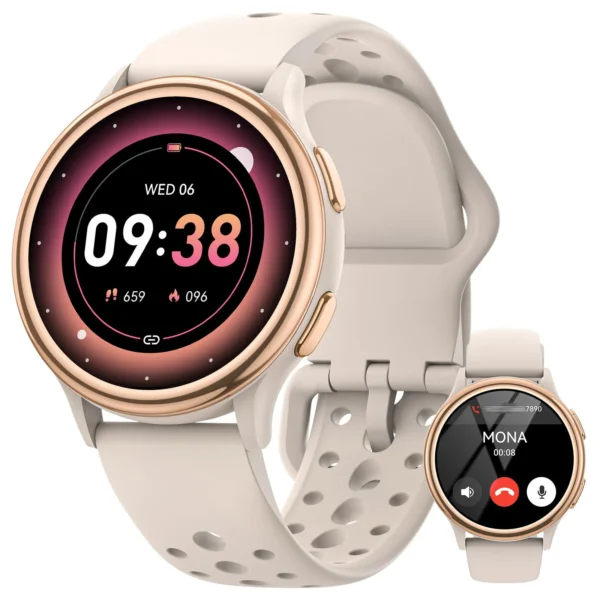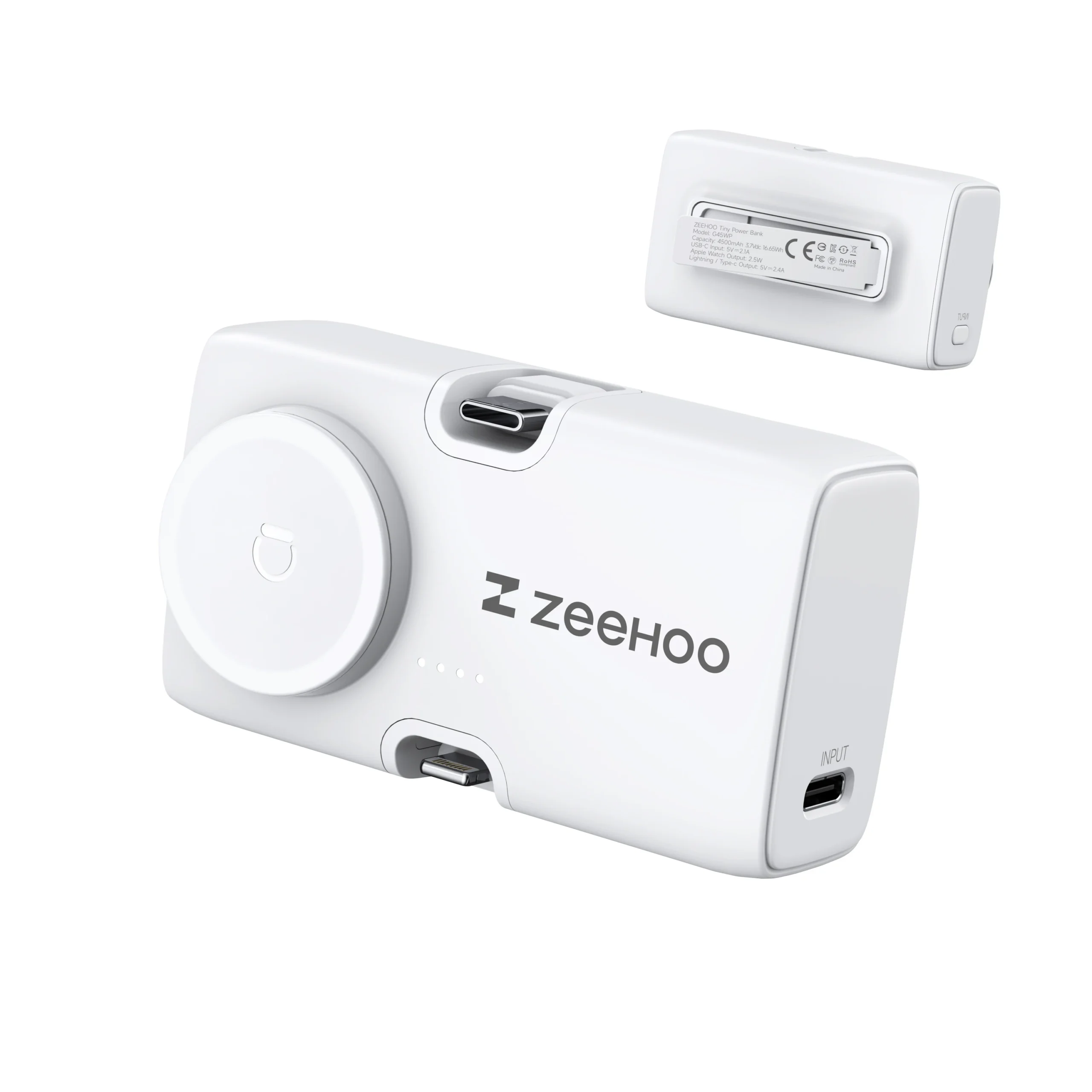
USB Hubs to Power Up Your Workstation: Maximizing Efficiency and Connectivity

In today’s digital world, a powerful and efficient workstation is essential for both professionals and tech enthusiasts alike. Whether you’re working from home, gaming, or managing creative projects, a key component to optimizing your setup is ensuring that your devices are connected and running smoothly. Enter the USB hubs—a small yet mighty device that expands your workstation’s capabilities by providing extra USB ports for a variety of devices.
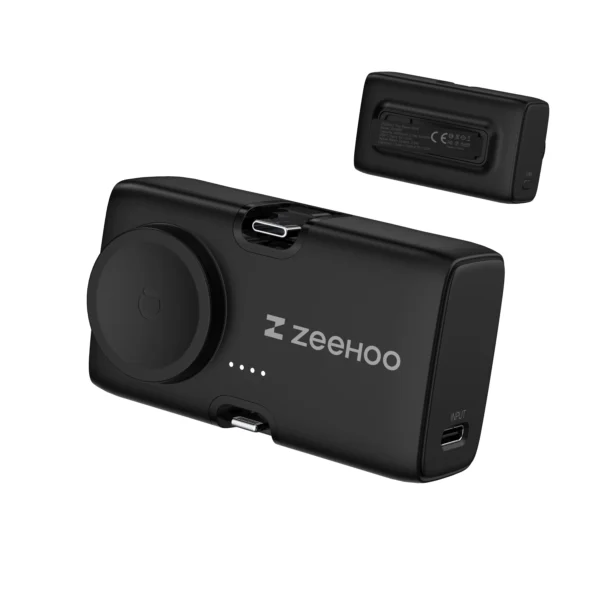
USB hubs come in all shapes and sizes, and their versatility has made them an indispensable accessory for many. From powering up your mouse, keyboard, and external drives to providing charging solutions for your devices, a USB hub can make all the difference in creating a streamlined and efficient workspace.
Why Are USB Hubs Essential for Workstations?
USB hubs have become a necessity for many users due to their ability to simplify the process of connecting multiple devices to a single USB port. Here are a few reasons why USB hubs are essential for modern workstations:
Increase Port Availability: Most laptops and desktops come with a limited number of USB ports, which may not be enough for all the devices you need to connect. Whether you need ports for external hard drives, printers, mice, keyboards, or cameras, a USB hub allows you to add multiple devices without sacrificing convenience or performance.
Organize and Declutter: A USB hub can help eliminate cable clutter and provide a more organized workspace. With a USB hub, you can consolidate all your devices in one place, making it easier to access and manage them. This is particularly useful for users who rely on multiple peripherals for their daily tasks.
Improved Productivity: By ensuring all your devices are connected and powered, a USB hubs can significantly boost your productivity. No more scrambling to plug and unplug devices or running out of available ports—just a simple, efficient way to connect everything you need for seamless multitasking.
Portability: USB hubs are compact and easy to carry around, which is great for those who need to travel with their workstations. Whether you’re at a coffee shop or working on the go, having a portable hub ensures that you’ll always have enough USB ports to connect your devices.
Charging Capabilities: Many modern USB hubs offer charging features, allowing you to power your devices while simultaneously using them. This is particularly handy for charging phones, tablets, or other USB-powered gadgets while keeping them connected to your computer.
Key Features to Consider When Choosing a USB Hub
Not all USB hubs are created equal. When shopping for a USB hub to power up your workstation, there are several key features to keep in mind to ensure it meets your needs:
1. USB Type and Speed
There are different types of USB ports and varying speeds, which can have a significant impact on the performance of your hub. Here’s a quick breakdown:
USB 2.0: Older and slower, USB 2.0 hubs are typically fine for low-bandwidth devices like keyboards, mice, and printers. However, they are not ideal for high-speed data transfer, such as external hard drives or media devices.
USB 3.0/3.1: These hubs offer significantly faster data transfer speeds, making them ideal for tasks that require high bandwidth, such as transferring large files from external hard drives, connecting high-definition cameras, or gaming peripherals.
USB-C: USB-C is the latest USB standard and is known for its fast speeds and reversible design. USB-C hubs are often used for newer laptops and devices with USB-C ports, providing high-speed data transfer and more charging capabilities.
When choosing a USB hub, consider the speed requirements of the devices you’ll be connecting to ensure you’re selecting the appropriate USB type.
2. Power Delivery (PD)
Power delivery is an important feature to look for in a USB hub if you want to charge devices through the hub. Many hubs support PD, which allows for faster charging of devices such as laptops, smartphones, and tablets. If your hub has this feature, make sure it supports the correct wattage for your devices, especially if you need to power larger devices like laptops.
3. Number of Ports
The number of ports you need will depend on the devices you plan to connect. USB hubs come with varying numbers of ports—ranging from 4 to 12 or more. Consider your device setup and ensure that the hub you choose has enough ports to support your needs. Some hubs also come with dedicated charging ports, which can be helpful for keeping your devices powered while you work.
4. Build Quality and Design
USB hubs come in many different designs, and the build quality can vary. Some hubs are designed to be compact and portable, while others are larger and feature additional functionality like built-in charging stations or docking stations. Choose a hub that fits the aesthetic and functional requirements of your workspace. For durability, look for hubs made with high-quality materials like aluminum, which can withstand frequent use and travel.
5. Compatibility
Ensure the USB hub you choose is compatible with your operating system and devices. Most hubs work with both Windows and macOS, but it’s always a good idea to double-check. Additionally, some hubs may be designed specifically for certain devices, like laptops or gaming consoles, so make sure you select one that fits your specific setup.
Top USB Hubs for Powering Up Your Workstation
Now that you know what to look for, let’s explore some of the best USB hubs on the market today:
1. Anker PowerExpand+ 7-in-1 USB-C Hub
The Anker PowerExpand+ is a versatile 7-in-1 USB-C hub that offers a variety of ports, including HDMI, USB-C, USB-A, and SD card slots. It supports fast data transfer speeds of up to 5Gbps, making it a great option for both data-heavy tasks and everyday device connectivity. The hub is compact, portable, and perfect for users who need multiple ports without taking up too much space.
2. Sabrent 4-Port USB 3.0 Hub
For those who need a simple and reliable USB hub with four high-speed USB 3.0 ports, the Sabrent 4-Port USB Hub is an excellent option. It’s affordable, compact, and perfect for connecting multiple USB devices like a keyboard, mouse, and external storage. With a data transfer rate of up to 5Gbps, it’s ideal for general-purpose use.
3. HyperDrive 12-in-1 USB-C Hub
The HyperDrive 12-in-1 USB-C Hub is a powerhouse of a hub designed for users who need extensive connectivity options. It features USB-C, USB-A, HDMI, Ethernet, SD and microSD card slots, and even supports 4K video output. This hub is perfect for professionals who need to connect a wide range of devices and peripherals to their workstation.
4. Plugable USB 3.0 4-Port Hub
The Plugable USB 3.0 4-Port Hub is another excellent option for expanding your workstation’s capabilities. It’s a reliable and straightforward hub that allows you to connect four USB devices with a fast 5Gbps data transfer rate. The compact design and sturdy build make it ideal for users with limited space who need a simple solution for extra ports.
5. CalDigit TS3 Plus Thunderbolt 3 Dock
If you’re looking for an all-in-one solution, the CalDigit TS3 Plus Thunderbolt 3 Dock is an exceptional option. With 15 ports, including Thunderbolt 3, USB-A, USB-C, DisplayPort, and Ethernet, this docking station provides everything you need for a fully equipped workstation. It also supports 87W of power delivery, making it ideal for charging laptops and other power-hungry devices.
Conclusion
A USB hub is an essential accessory for powering up your workstation, providing the extra connectivity and charging capabilities you need to stay productive and organized. With a variety of options available, from simple 4-port hubs to powerful 12-port docking stations, there’s a hub to suit every user’s needs. When selecting a USB hub, be sure to consider factors like the number of ports, USB type and speed, power delivery, and compatibility to ensure it enhances your workstation experience.
Investing in the right USB hub can help streamline your setup, improve productivity, and keep your devices connected and charged—all while reducing clutter and maximizing efficiency.
FAQs
What is a USB hub used for?
A USB hub allows you to expand the number of USB ports on your device, making it easier to connect multiple peripherals and devices.
Do USB hubs support charging devices?
Many modern USB hubs feature power delivery (PD) and allow you to charge devices such as smartphones, tablets, and laptops while using them.
Are USB-C hubs faster than USB 3.0 hubs?
Yes, USB-C hubs typically offer faster data transfer speeds and more power delivery capabilities compared to USB 3.0 hubs, especially for newer laptops and devices.
Can I use a USB hub with my laptop?
Yes, USB hubs are compatible with most laptops, allowing you to connect additional devices such as external hard drives, printers, and USB-powered gadgets.
What is the best USB hub for a home office?
The Anker PowerExpand+ 7-in-1 USB-C Hub and HyperDrive 12-in-1 USB-C Hub are both excellent options for home offices, providing multiple ports and charging capabilities.
